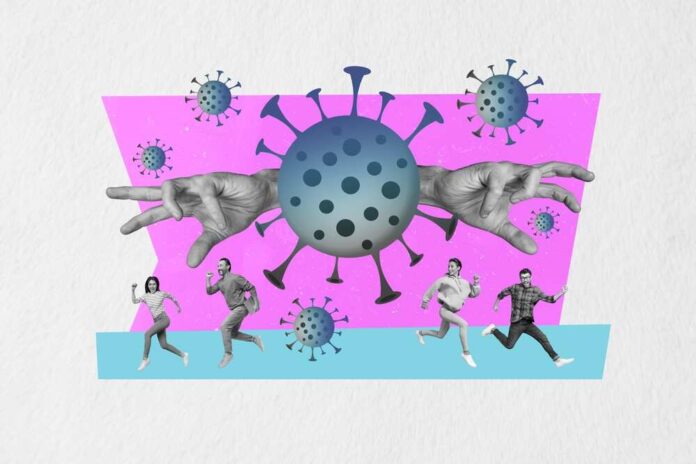
As the world gears up to witness the Olympic spectacle in Paris, a more insidious threat lurks in the shadows, threatening to upend the festivities. Dengue fever, a viral menace transmitted by the Asian tiger mosquito, is on the rise globally. The Olympics, with their massive international influx, pose the perfect storm for this mosquito-borne disease to spread rapidly, turning the games into a super-spreader event.
One of the most daunting challenges facing health officials is the phenomenon of asymptomatic carriers. These individuals, exposed to the virus but showing no symptoms, could unwittingly spread dengue fever to others without ever knowing it. This is particularly disconcerting given the nature of the Olympics, where a single infected athlete or spectator can seed an epidemic within a week. The sheer volume of international travel promised to bring together hundreds of thousands of people from regions where the virus is already prevalent, creating the ideal breeding ground for transmission.
#Paris2024 Olympics 🥇 | How French authorities are preparing for the risk of epidemics
With some 15 million visitors expected to attend the Games, authorities are trying to anticipate any health risks related to dengue, food, and Covid-19.https://t.co/BnNEr3gUYB
— Le Monde in English (@LeMonde_EN) April 18, 2024
“Dengue fever is on the rise, with nearly 10 million cases documented in the Americas during the first half of 2024, leading to concern the Olympics will be a ‘super-spreader’ event.”
The urban environment of Paris, coupled with the effects of climate change, has created the perfect habitat for the tiger mosquito. Warmer and wetter conditions facilitate the rapid proliferation of these mosquitoes. Add to this the fact that the Olympics bring together tourists from over 200 countries, many of which are endemic regions for the virus, and the risk of local transmission skyrockets. The mosquito itself is well adapted to urban conditions, needing only small containers of water to lay its eggs. These eggs can survive dry conditions for months, waiting to hatch and continue the cycle when the environment becomes favorable again.
The implications of a dengue fever outbreak at the Olympics extend far beyond French borders. Infected athletes and spectators who unknowingly carry the virus back to their home countries could spark epidemics, making this a global health concern. France’s own national health agencies, in collaboration with international partners, must develop and implement stringent measures to identify and contain outbreaks before they spread. History has shown us that the Olympics can be a catalyst for larger-scale health crises, as seen during the 2016 games in Brazil, where Zika was a major concern.
The French government and local health authorities have taken steps to mitigate the dengue fever threat. Sites across Paris are being monitored regularly for mosquito presence, and awareness campaigns have been launched to educate the public. However, there are pressing questions about the efficacy of these measures in face of the sheer volume of people descending upon the city. As the global health community continues to grapple with the increasing menace of dengue fever, the Paris Olympics present a major test of readiness in managing this threat effectively.














